Dealing with the grief of losing a beloved feline furriend is something we’ve all either gone through or will at some point. We lost our beautiful black panfur Indy (photo below) in June of 2017 – he was 18 and it was devastating to say goodbye. Still miss him every day! >^..^<
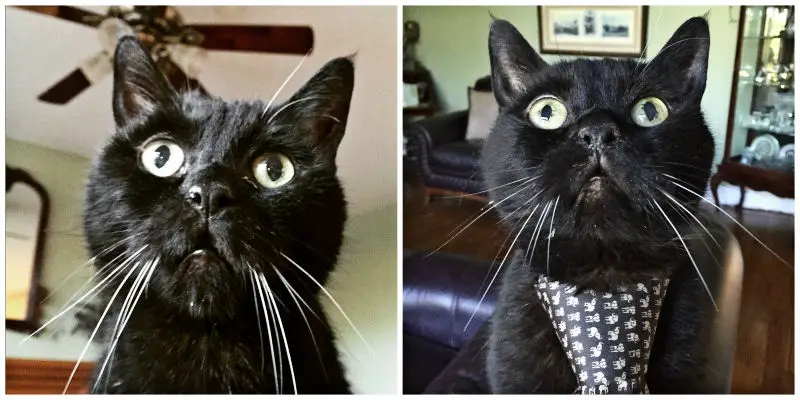
It’s a difficult subject which is why we were so pleased to hear about a project from writer Sarah Chauncey called P.S. I Love You More Than Tuna. It will be the first illustrated gift book for adults grieving a companion cat.
It will help readers through their pain without being saccharine, heal through laughter as well as tears, and offer empathy without minimizing the reader’s pain or needing to “fix” it. Such a wonderful idea so we caught up with Sarah and did the usual deep dive … here’s what she shared with us:
Q: How did the idea for a gift book come about?
A few days after my 20-year-old cat, Hedda, died in December 2016, my friend Francis—a professional illustrator—sent me a drawing of Hedda, and a note “from” her that ended, “p.s. I love you more than tuna.” [below photo: the inspiring note and Sarah].
I cried and cried, and then a writerly part of my brain kicked in, and I thought, “That would be a great book title.”

At the same time, I was going through a period of wishing that Hedda could tell me that I gave her a good life, and that it was okay that I made the decision to end her life rather than having her suffer. And of course, that wasn’t going to happen.
So I wrote what I needed to hear. It came very much from the heart. My brain wasn’t fully functional at the time; it was less than a week after Hedda’s death, and I was in a fog. I showed the draft to a few people, and then life happened, Francis had a lot of other projects, and I thought maybe it wasn’t a good idea after all, so I put it on the back burner. But a few months later, a friend and fellow rescue volunteer, Barbra, talked me into fostering a feral mama she’d been caring for, along with one of her kittens.
Barbra has a large Instagram following (@fosterkittendiary) and her followers were really invested in Monet, so suddenly, I had 1500 new cat-loving Instagram followers. That’s when I realized that looking at foster kitten accounts on Instagram is a super-common way for people to cope after their cat has died. There are so many things that we all feel and go through after a cat dies, but because we usually go through that grief in isolation, we often don’t realize that others have felt the same way, too. I began to see the power of community in helping each other heal—not necessarily “get over” because I don’t think that happens. But we can come to terms with the loss.
I asked for volunteers to read the manuscript and tell me which lines resonated the most with them—they were really key in this process—and I fine-tuned it based on their feedback.
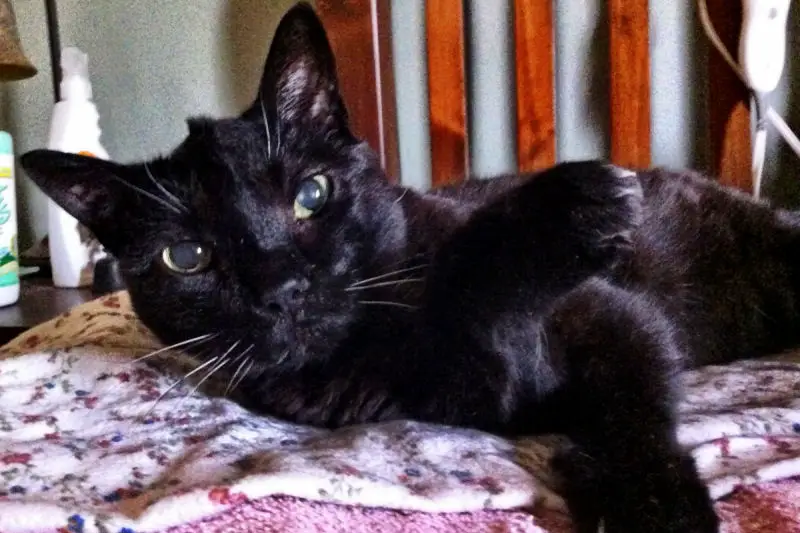
Above and following feline photos are all of sweet Hedda
Q: Tell us a bit about Francis.
I’ve known him about 10 years (he’s the husband of a good friend of mine – see photo below), and I’ve always been a huge fan of his illustration work. He has this amazing ability to draw from the heart and connect to others’ hearts. He reaches the child in all of us, and he often sees little details that others might miss. His drawings are incredibly emotionally powerful, yet simple. His approach to drawing actually influenced my approach to writing Tuna.

Q: Were you a cat writer before this?
Not at all! I always say that I wasn’t a cat lady; I was a Hedda lady. I wasn’t even really aware that there was a “cat community” online.
I’ve been a professional writer and editor for 25 years. My passion is writing creative nonfiction, but to make a living, I’ve written about all sorts of things—from entertainment to aerospace engineering and cybersecurity, sustainability and mindfulness—but with the exception of mentioning Hedda in personal essays, cats had never even crossed my mind as a topic.
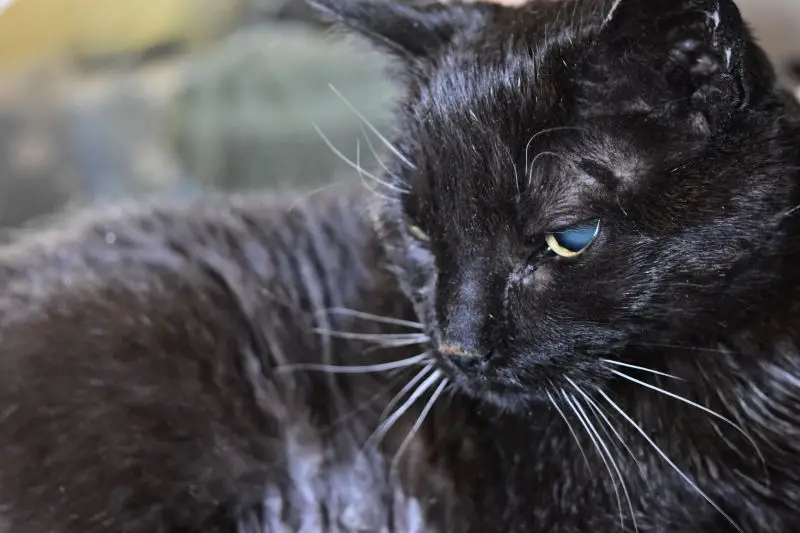
Q: Who is the audience for Tuna?
My vision is that people will buy this book for their friends and family who are grieving. When Francis sent me that drawing, I felt seen, and I felt like my grief and relationship with Hedda were honored. I want others to have that same experience.
The text is funny and sweet and poignant—and the drawings are adorable—but I made an effort not to be sappy. I believe that both laughter and tears are healing.
On the other side of the coin, it’s painful (in a different way) to witness someone grieving their animal friend. Our culture doesn’t have any rituals around it, and it’s hard to know how to offer comfort. So gifting this book is a tangible way that friends and family can say to their grieving loved ones, “I see you.” And in the end, I think that’s the essence of what we really miss about animals. They see us.
We also intend for a portion of the proceeds to go to an animal charity. I’m working on that now, but I can’t talk about the specifics yet.

Q: Why a gift book for adults?
Grieving an animal as an adult is different. Children don’t yet fully grasp death, and usually they’re not the ones who make the decision that it’s time to humanely end the pet’s life. When cats live with us as adults, they witness our most vulnerable moments—romances and breakups, job losses and gains, emotional challenges, etc.
Yet when we’re grieving, it really does make us feel like a child again. It brings out something primal in us.
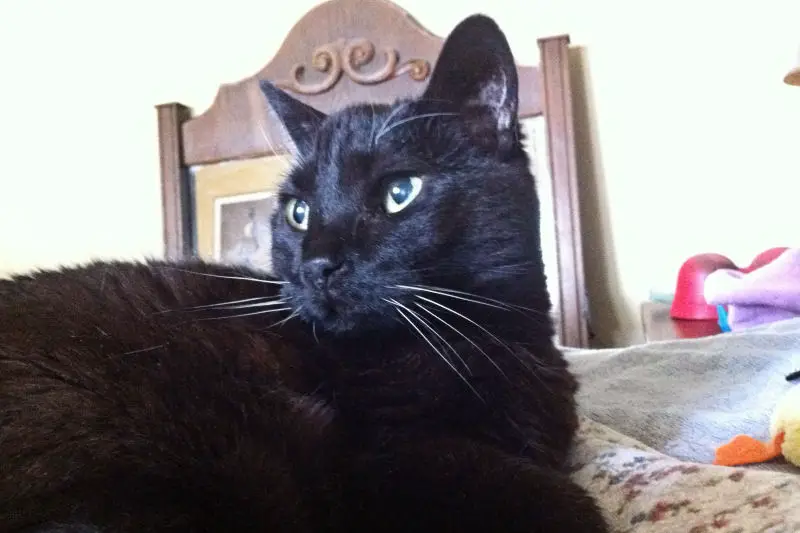
Q: When will the book be published?
Good question! I have an agent who is helping us find the right publisher.
Publishers are essentially investors, so at the moment, I’m trying to build up a business case. Publishers want to know that there is an audience ready and eager to buy a given book. Although the statistics are pretty compelling—in the United States alone, on average, 15,000 domestic cats die every day—they want a “platform,” social media numbers.
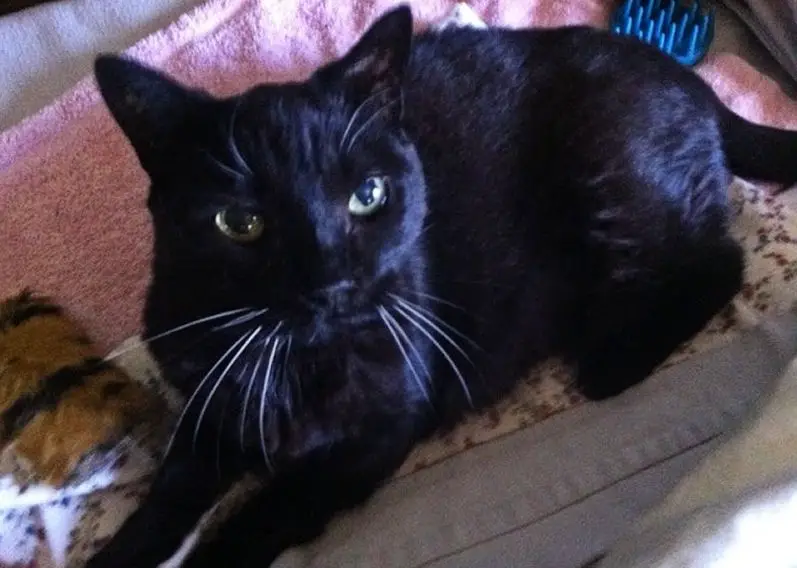
Q: What has surprised you the most, now that you’re part of the online cat community?
I knew the statistics, but it’s very different to be interacting with people every single day who are grieving. I’m not a grief counsellor, so it’s a very intense and sometimes overwhelming experience for me. Yet grief (of all kinds) is a universal phenomenon.
There are followers who I know I don’t agree with politically, and those whose background or daily experience is very different from mine…yet we share the universal human experience of losing a being that we loved.
If we can look at our commonalities, not just our differences, then we can see each other as fellow humans. In a world that’s deeply divided right now, our love for cats—and our grief at their passing—is something that we all have in common.

Q: What is #tunatributes?
Soon after I started the @morethantuna Instagram account, I realized that it would be great if people who were grieving had a way to receive support from others who had gone through the same experience.
I used to be part of a photography community on Instagram, and in order to participate in daily challenges, you had to leave insightful comments on others’ photos. Over time (this was back around 2012), this built a really supportive community. So I took that concept (post and comment) and adapted it.
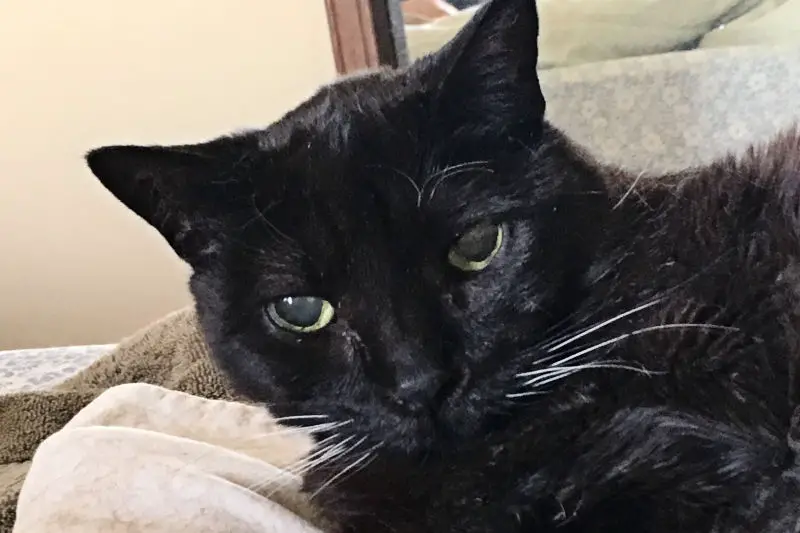
People can use the hashtag #tunatributes when they’re grieving and want to receive support.

Summary
We look forward to when ‘P.S. I Love You More Than Tuna’ will be published. please sign up for the Tuna mailing list, follow @morethantuna on Instagram and Like the Tuna Facebook page.
Credit: Photos provided by Sarah Chauncey
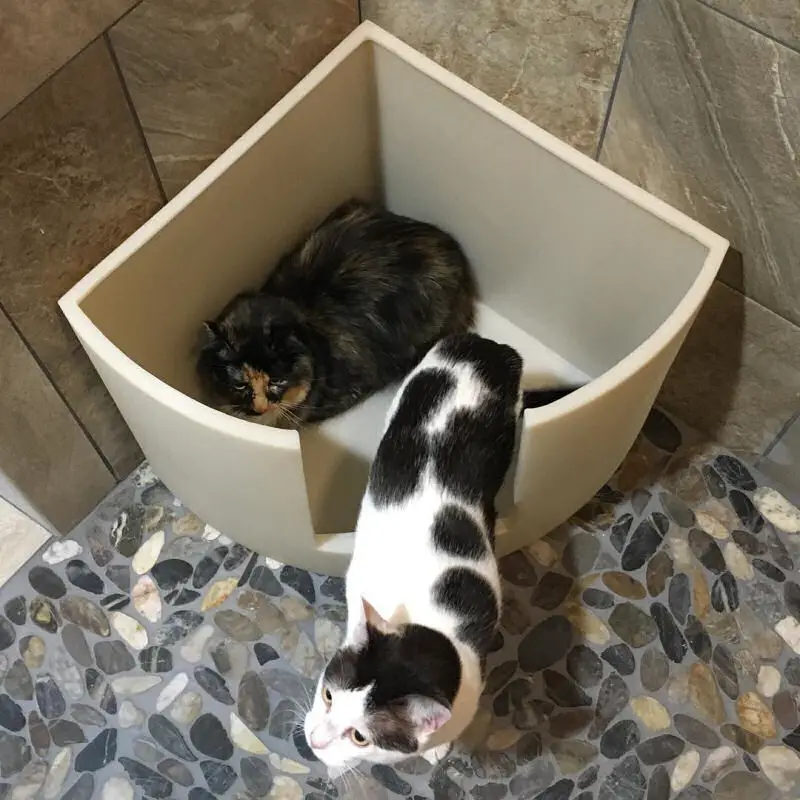
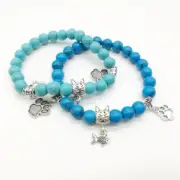
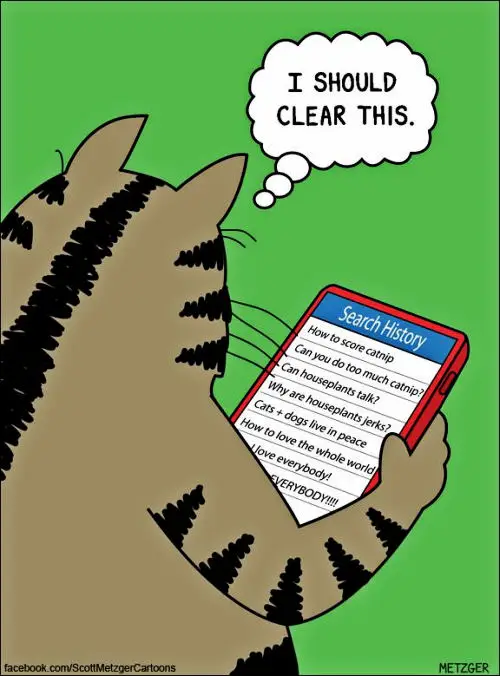
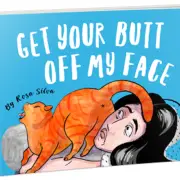

Sign me up for the book, PS I Love You More Than Tuna. Put me on the Tuna mailing list. I have had 10 cats. Only 2 are left. Both are seniors, like me. Have grieved for each of my cats. Miss them every day.
Know will meet each of them again. Once I cross the Rainbow Bridge.
I’m sorry for your losses, Nancy. Each one is so unique, and I believe we never stop grieving them, because we never stop loving them (there’s a wonderful quote, that “grief is love with no place to go.”
This is a book so many in the Twitter anipal community will appreciate. We’ve lost so many kitteh furiends just this past week, I know their hoomans would find comfort in this pawsome book. Looking forward to its publication!
Thanks so much for writing it! ((HUGS))
@LilyLuWhoT
Thanks so much for your support, Lily! I haven’t been on Twitter much lately, and it really warms my heart to see how many people seem excited about it. Ear skritches to Bonnie and Luna (who, I assume, are feline? If they’re human, maybe don’t give them ear skritches…).
Okay, got it now—thank you *Bonnie*! Ear skritches to the felines, and Go Red Sox! (I grew up in New England)
i lost my Munchkin on feb 26,2018 just a couple of weeks past his sixteenth birthday. my sweet baby died when i went to the hosp suffering a heart attack to join his frends above. my sweet fuzzy soul mate was here with me for 16 yrs-he joined me at the age of 5 weeks.he will always be with us always
I’m so sorry for your loss of Munchkin, Wendy. It sounds like it was very sudden (which seems like it would be more traumatic). And that’s so recent, too–I was in a fog for the first week. Be gentle with yourself.
I think of all of the amazing cats I have known in my life, some for short times only and others for many, many years; each was so special, loved them all as much as I love the 3 in my life today. Please put me on your mailing list, I know so many cat lovers, and friends working with an animal rescue /feral cat group that I know would love your book. The love of animals, I believe, make us human and grieving their loss also keeps us human. Thank you for “tuna”!
Thank you so much for your support, Suzanne. Each one is so unique, right? I can’t add you to the mailing list myself (because I don’t know your email address), so please visit the Tuna website to add your name. (Also, hooray for rescue and feral cat support!)
I lost my 18 year old Calico 18 months ago, and it still feels like yesterday. Even though I have a new kitty that I initially fostered, I will always miss my beloved Cassidy. Her nickname was Tuna because she loved it! I’m very excited about this book, not only for myself, but for others including friends and family members, who are also cat moms and dads. Knowing for the most part that we will outlive our feline friends, we need all the support we can get to put the loss in perspective. I have subscribed to the mailing list, and I’m looking so forward to the finished product. With all your efforts toward researching and producing this piece, I know it will be a work of art, bringing solace to many.
I’m so sorry for your loss, Donna. Cassidy’s nickname made me smile. It’s strange how grief can feel so immediate and distant at the same time–like it was yesterday, but how has it been so long? Thank you for your support.
It’s been six weeks since I had to put down my Maine Coon rescue “Fernando.” Six years ago he showed up on my deck at 2:00 a.m. minutes before straight-line winds of 109 mph and a F0 tornado blew through. From day one he was my recue from depression. He fit in with another rescue, my grey tabby named “Sophia” and the two aging brothers “Gabriel” and “Nigel” who I adopted as company for my Mom while I shared caregiving duty with my sister. Mom loved cats. It is comforting and healing to know that this grief is real and honorable. I have never grieved so deeply. For me, I process through poetry – not a popular format but it helps like prayers for peace and gratitude for the gifts these babies shook up, unwrapped and shared with me and through me for others. As the world grows more worn and weary and worrisome, the joy and solace afforded by our furry companions deserves celebration, recognition and validation that you understand and provide!!! Thank you.
Where can I get this book??